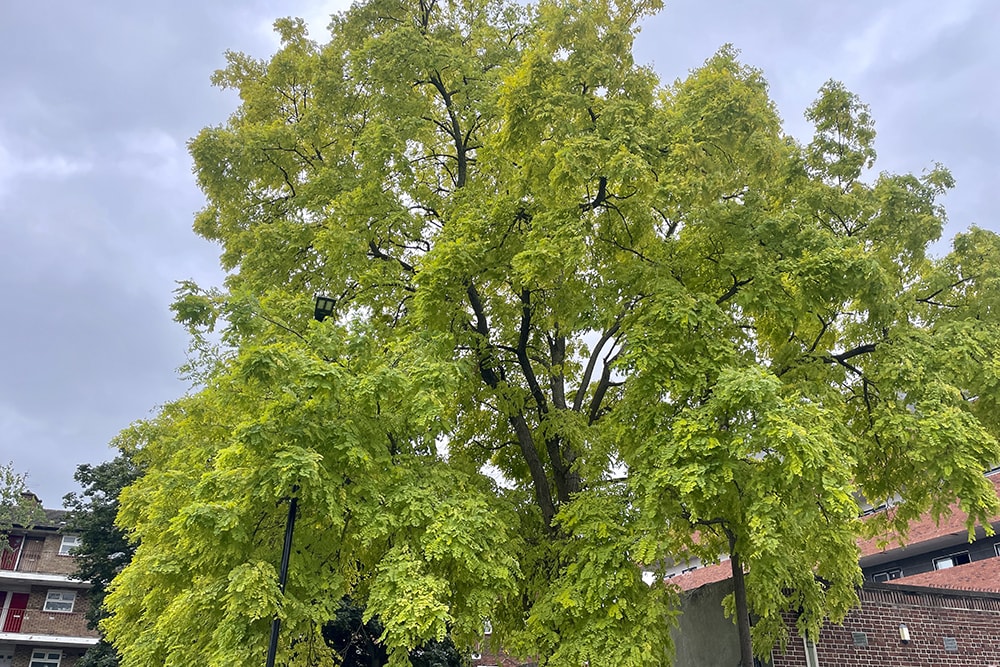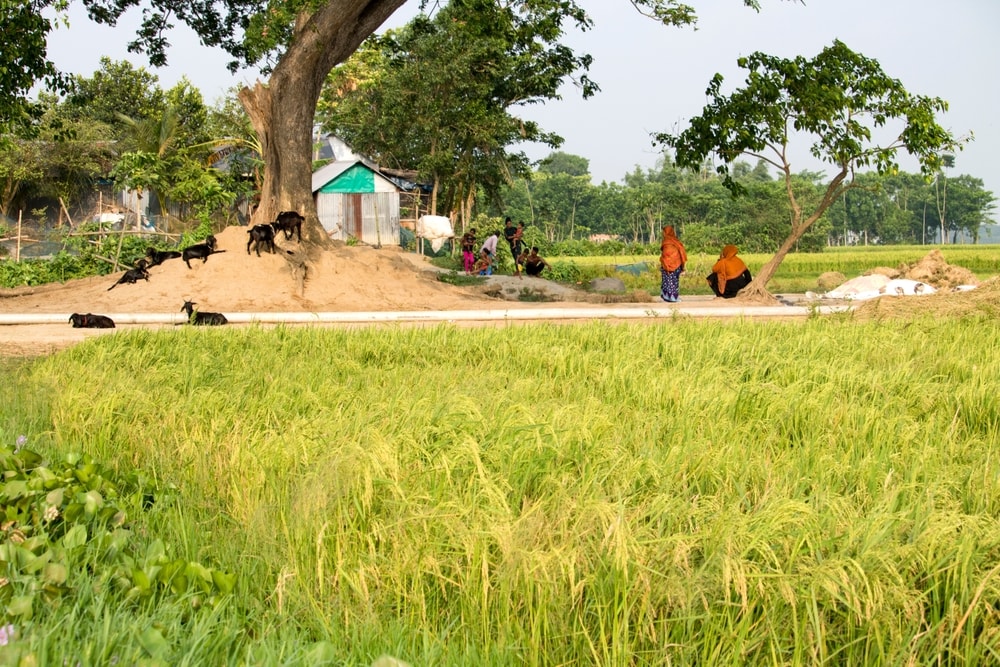Kia recently asked her mother if she has any regrets about her life. In this personal piece, she reflects on the answer
There’s a tree I sometimes notice on my way to my boxing gym. It stands on an unsightly corner near the junction of Barking Road – which has the dubious honour of the eighth unhealthiest street in London – and one of the grubby arteries that feed into it.
The tree sits amid ugliness: overflowing bins from the chicken shop opposite, shards of glass from a smashed car window, a makeshift fence from unfinished building works, a fly-tipped cooker or fridge, and litter that rolls past like tumbleweed. In many ways, it’s a quintessential East London scene: a vast expanse of grime punctuated by striking beauty.

The contrast makes me melancholic. The tree is a counterpoint to so much of my everyday life: brick, cement and plastic. When I don’t travel for a long stretch of time, like this year, something depresses inside me. The receptor or nerve or whatever we have that responds to beauty seems to contract; to fold in on itself. It lies dormant, withered, waiting to be stirred.
I thought of this recently when I asked my mother if she has regrets about her life. I don’t know the Bengali word for ‘regret’ so what I asked was, “If you could change anything about your past, what would you change?”
She answered, “I would have gone outside more.”
This made me deeply sad. It would be poignant coming from any elderly person, but it was especially so coming from my mother for two specific reasons.
First, because she spent her time inside not by choice. As a woman from a conservative Bengali family, my mother was expected to be indoors. In I had a happy childhood. Then puberty changed everything, I wrote about how this expectation impacted my own youth.


Second, because in many ways my mother was forged outside. She grew up in a small village in Bangladesh and much of her childhood was spent outdoors. She didn’t have electricity, running water or commode in her home. She bathed in the local pond and spent her early years roaming the rice fields surrounding her village – and then puberty hit and her life became smaller.
This didn’t change when she moved to England, turning up at a wintry Heathrow in a flimsy sari. Her life in London was hard. The National Front was in full swing and…
Click Here to Read the Full Original Article at Atlas & Boots…